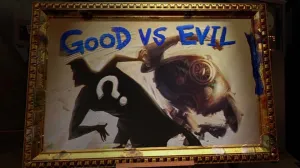Far more of Stephen King‘s many, many works have been adapted for either the big screen or small (sometimes both, like with IT) than have not been adapted. Sometimes, the director is hired, turns out a movie or miniseries, then never touches the Master of Horror’s bibliography again. Other directors seem to find a great amount of comfort in adapting the author, because it’s a well they’ve returned to time and time again. And, whether they’ve directed two King adaptations or eight, there’s always one that stands above the others. Not always by a wide margin, but always by some margin.
Videos by ComicBook.com
We’re restricting everything to frequent Stephen King directors here. Or, really, directors with more than one King adaptation under their belt. That means no producers who have, to varying degrees, been behind some of the author’s adaptations. This includes J.J. Abrams, who has a great track record after serving as executive producer on 11.22.63, Castle Rock, and Lisey’s Story.
1) Storm of the Century by Craig R. Baxley

1999’s Storm of the Century is an odd duck in the list of Stephen King TV miniseries. This is because it wasn’t even based on a King novel; it was a wholly original project he wrote for the screen. And even though it doesn’t have any fan-favorite source material fueling its narrative, it ends up being the best of the bunch. It’s fun to watch an original King narrative playing out in front of your own eyes.
Storm of the Century helmer Craig R. Baxley directed three other King miniseries after Storm of the Century, all of which had their merits but didn’t quite live up to his first time out of the gate. Those were Rose Red, The Diary of Ellen Rimbauer (a prequel to Rose Red), and Kingdom Hospital. Like Storm of the Century, Rose Red was an original teleplay by the author himself. Kingdom Hospital was also not based on a pre-existing King novel or novella. Rather, it was loosely based on Lars von Trier’s The Kingdom.
2) Cujo by Lewis Teague
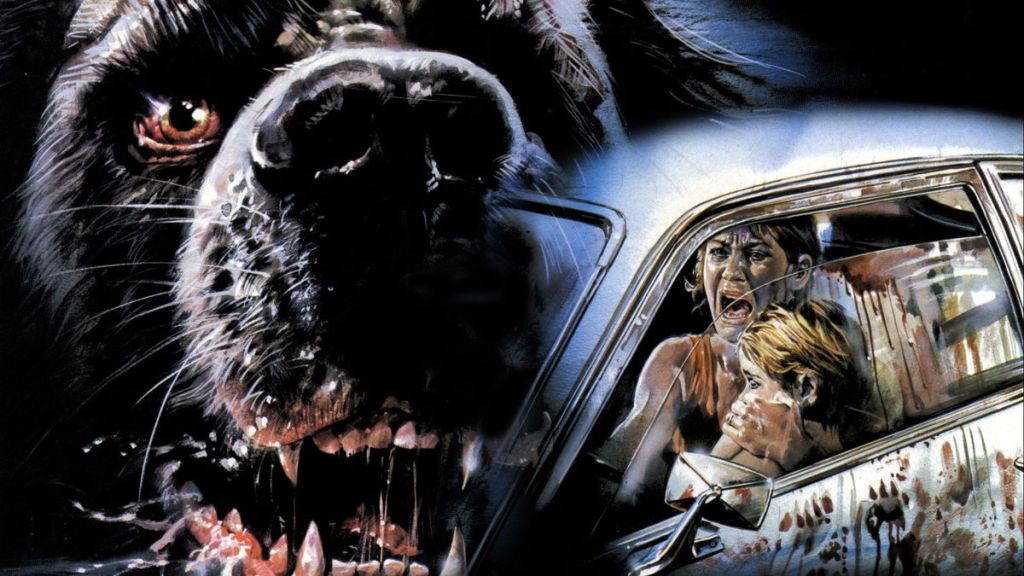
Lewis Teague was one of the 1980s’ more underappreciated genre film directors. 1980’s Alligator is a truly top-tier Jaws rip-off, but it didn’t make even a third of the money that a project focused on a smaller animal did. Namely, a St. Bernard.
Cujo is not a perfect movie, but by the same token, Cujo was not a perfect book. As a whole, it’s disjointed, because the first half is filled with mostly unlikable characters and a great focus on infidelity. The latter half, though, is a rollercoaster ride that never leaves the interior of a Ford Pinto. As Donna, the mother cradling her asthmatic baby from the snarls of the rabid dog, Dee Wallace gives a powerhouse performance. Not to mention, while jump scares are typically best left avoided, Cujo has a truly great one. Teague also directed Cat’s Eye two years later, and while that anthology film has its moments, it’s Cujo for the win.
3) Salem’s Lot by Tobe Hooper

Most of ’80s horror’s best directors adapted Stephen King at one time or another. Halloween‘s John Carpenter had Christine, Dawn of the Dead‘s George A. Romero had Creepshow, The Fly‘s David Cronenberg had The Dead Zone, and The Texas Chain Saw Massacre‘s Tobe Hooper had 1979’s Salem’s Lot. Salem’s Lot isn’t quite as good as Christine, Creepshow, or The Dead Zone, but it is by far the best of the three adaptations of King’s vampire tale released thus far.
Hooper also directed the execrable The Mangler, so it was an easy win for Salem’s Lot. It takes one of King’s more expansive early novels and focuses on the best parts while leaving out most of what wasn’t fully necessary. It’s like how the Harry Potter film sequels focused just on the scenes told from Harry’s POV.
4) Mr. Mercedes by Jack Bender
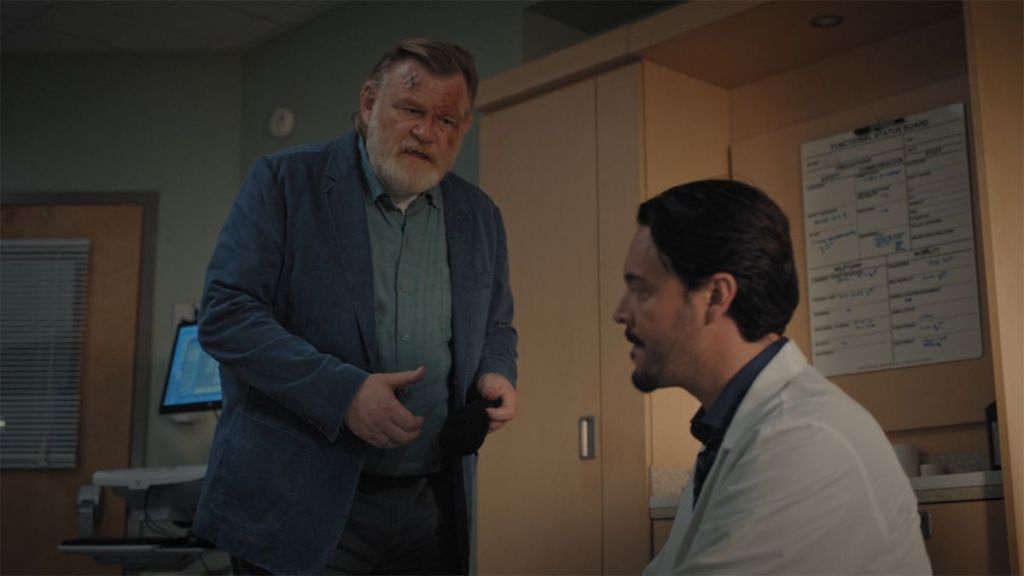
Director Jack Bender may have directed Child’s Play 3 back in 1991, but he’s mostly known for his work in television, e.g. helming episodes of A-list series such as Game of Thrones and The Sopranos. He’s also done quite well with small-screen King adaptations.
First, he directed nine of Under the Dome‘s 39 total episodes. Like that show, his subsequent King project, Mr. Mercedes ran for three seasons, but unlike Under the Dome, Mr. Mercedes was cancelled as opposed to concluding on its own terms. He helmed 23 of Mr. Mercedes‘s 30 total episodes, and considering it’s one of King’s more highly regarded small-screen projects, he deserves a substantial amount of credit for its success. Up next for Bender is The Institute, led by Ben Barnes and Mary-Louise Parker. Will it be as critically praised as Mr. Mercedes?
5) Creepshow by George A. Romero
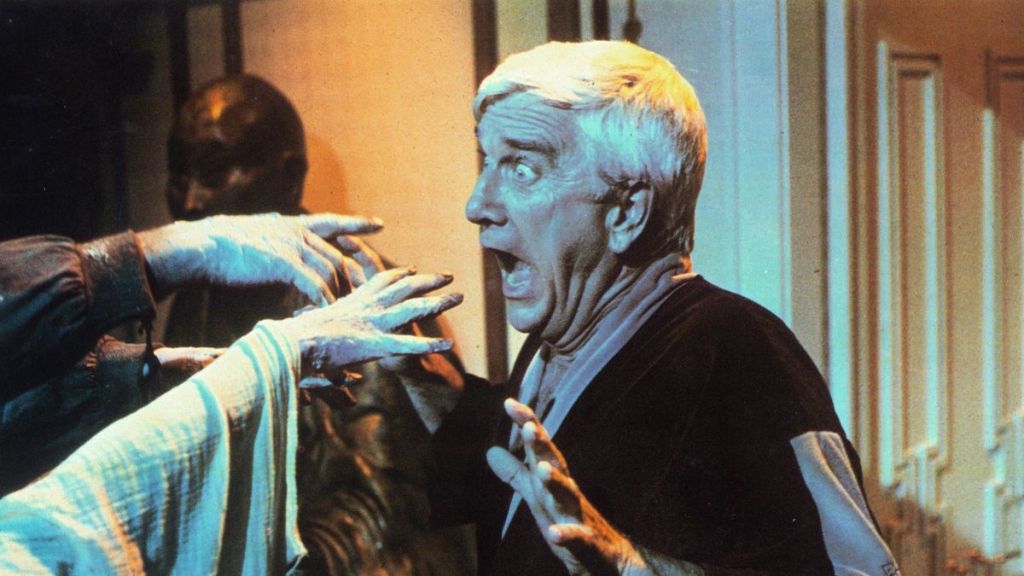
George A. Romero’s Creepshow is the definitive horror anthology film, setting a bar so high that not even its own sequel could come close to touching. It’s the perfect mix of grim humor and suitably different horror tales. It also comes equipped with one segment that features the Master of Horror himself. That segment is “The Lonesome Death of Jordy Verrill,” one of two based on a pre-existing King short story. The other three were original stories penned by King for the big screen.
Creepshow was one of the stronger entries in the legendary horror director’s filmography, so it makes sense why he was keen to return to the world of King. Romero also helmed The Dark Half, created Tales from the Darkside (which twice adapted King short stories, including one episode King himself wrote), and wrote the segment of Tales from the Darkside: The Movie that was based on a pre-existing King work, “The Cat from Hell.”
[RELATED: Stephen King Actually Wrote One Episode of The X-Files (And It’s Terrifying)]
6) IT by Andy Muschietti
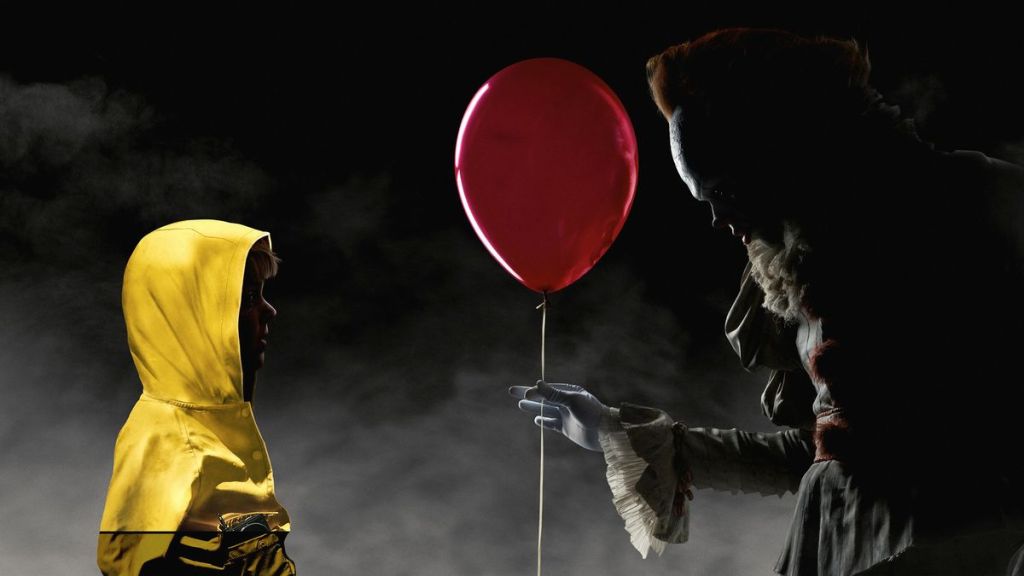
Like the next entry on this list and its source material, IT is a definitive coming-of-age tale. And, also like the next entry, it’s one that benefits from spot-on casting. Jaeden Martell, Finn Wolfhard, Jack Dylan Grazer, Wyatt Oleff, Jeremy Ray Taylor, Chosen Jacobs, Sophia Lillis; they’re all very well cast. But at the end of the day, IT is Bill Skarsgård’s showcase, and he gives Tim Curry a serious run for his menace-money as the updated take on Pennywise the Dancing Clown. Admittedly, the film that surrounds the cast isn’t as impressive as they are, as it far too often relies on both weak CGI and the not-so-scary tactic of having something run directly towards the camera (it really seems to think that is terrifying, but it isn’t). But, as a whole, IT is an impressive adaptation of the book’s infinitely better half.
Muschietti, of course, also directed IT CHAPTER TWO, but that’s not all, as he’s also directing and executive producing the upcoming IT: Welcome to Derry. Not to mention, he also executive produced Locke & Key, based on the comic book series of the same name by King’s son, Joe Hill.
7) Stand by Me by Rob Reiner
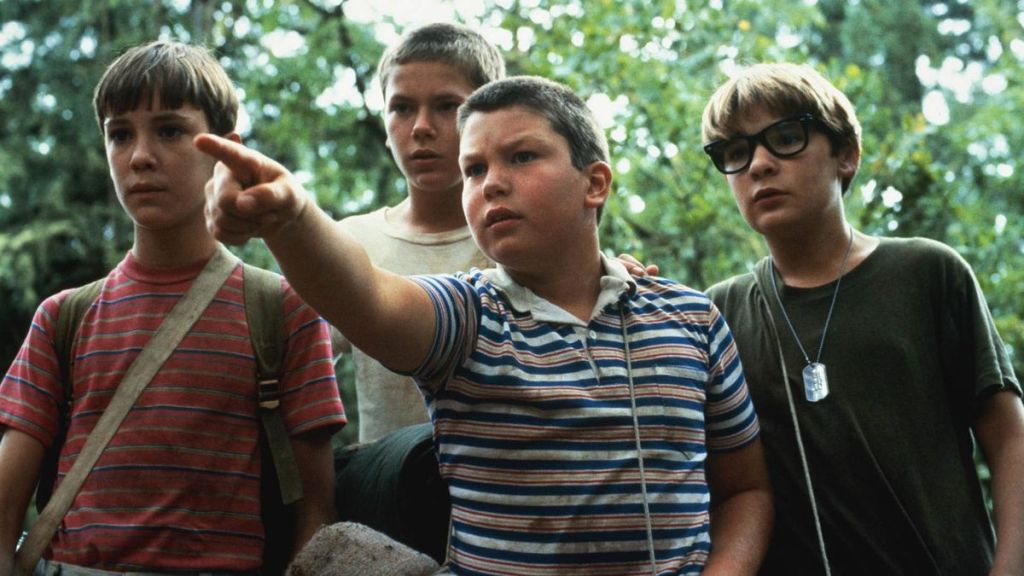
As far as coming-of-age movies go, there’s really no beating 1986’s Stand by Me. King’s novella The Body was already great, but thanks to the pitch-perfect casting of Wil Wheaton, Corey Feldman, Jerry O’Connell, Kiefer Sutherland, and, especially, River Phoenix, there’s a strong argument to be made that the movie is better than the source material. It was and remains one of Rob Reiner’s best films. Which is saying something because Reiner’s early filmography is pretty much solid across the board. Stand by Me came on the heels of The Is Spinal Tap and The Sure Thing and was followed by The Princess Bride, When Harry Met Sally…, another top-shelf King adaptation, A Few Good Men, and The American President.
What was that other top-shelf King adaptation? Misery, a movie that also benefited from pitch-perfect casting. Both of Reiner’s King adaptations are comparably superb, yet very different in tone. It’s a wonder why he never adapted the author a third time. That said, it’s also a wonder how Reiner could direct what is arguably the best coming of age film and the worst — North.
8) The Stand by Mick Garris
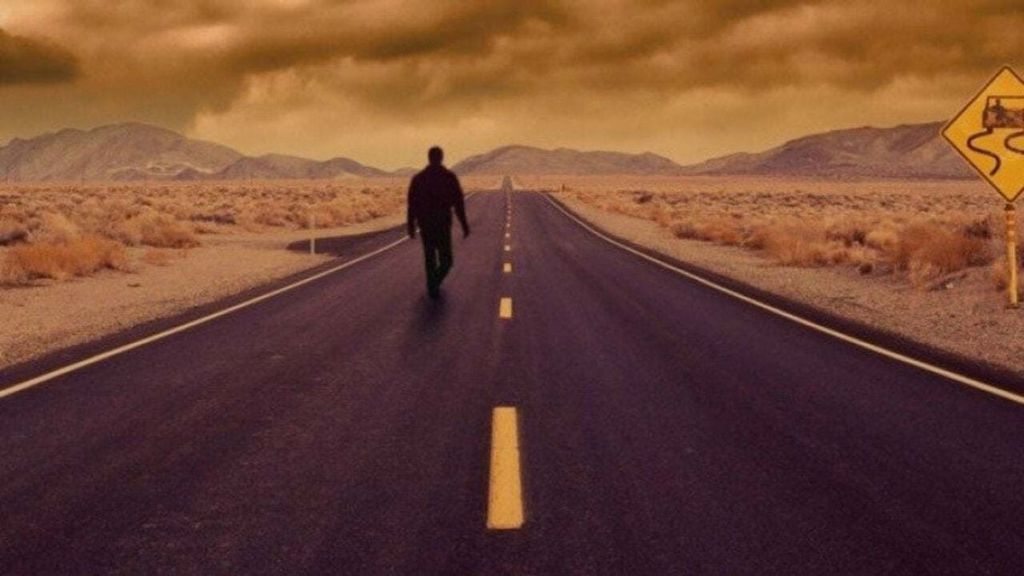
The Stand is certainly one of King’s longer novels, practically necessitating a miniseries over a film adaptation. But, even if given the benefit of an expanded runtime, it’s hard work to really get right. But Mick Garris came pretty close with his 1994. At least closer than the even more divisive 2020 attempt came.
Garris also directed the theatrical (and profoundly bizarre) Sleepwalkers, which was an original screenplay by King, and the TV movie Riding the Bullet. As for TV series besides The Stand, Garris directed all three episodes of 1997’s The Shining, and both episodes of Bag of Bones. Furthermore, he helmed a pair of King TV movies in Quicksilver Highway and Desperation.
9) Gerald’s Game by Mike Flanagan
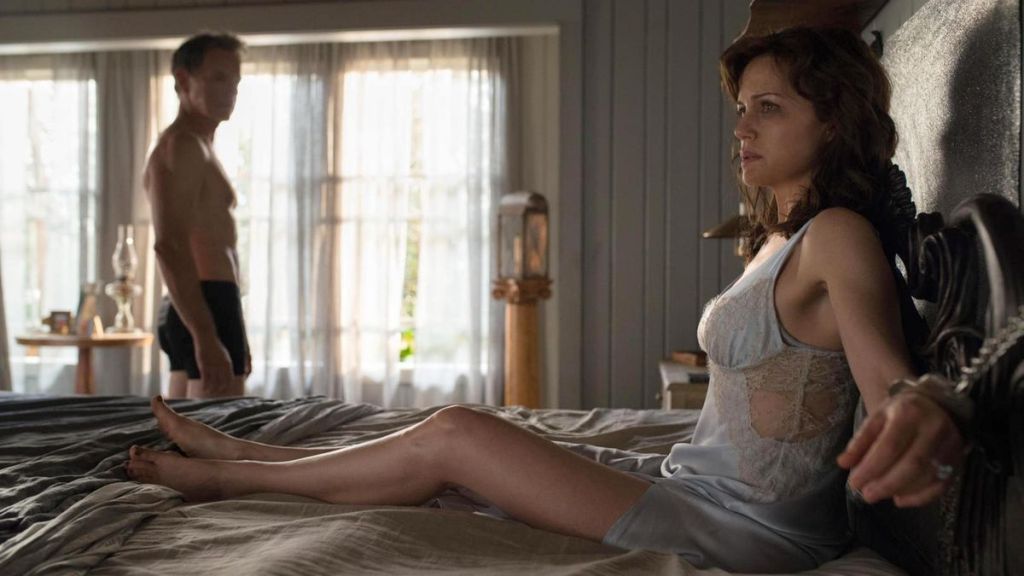
Gerald’s Game was the ultimate example of a King book that people thought to be unfilmable. Enter Mike Flanagan, who, along with Carla Gugino, turned it into one of the best King adaptations in a long while.
After knocking Gerald’s Game out of the park, Flanagan helmed the wildly underrated The Shining sequel, Doctor Sleep, in 2019. And, after creating a few non-King TV series, Flanagan returned to the Master of Horror with, ironically enough, a project outside the horror genre: The Life of Chuck.
10) The Shawshank Redemption by Frank Darabont
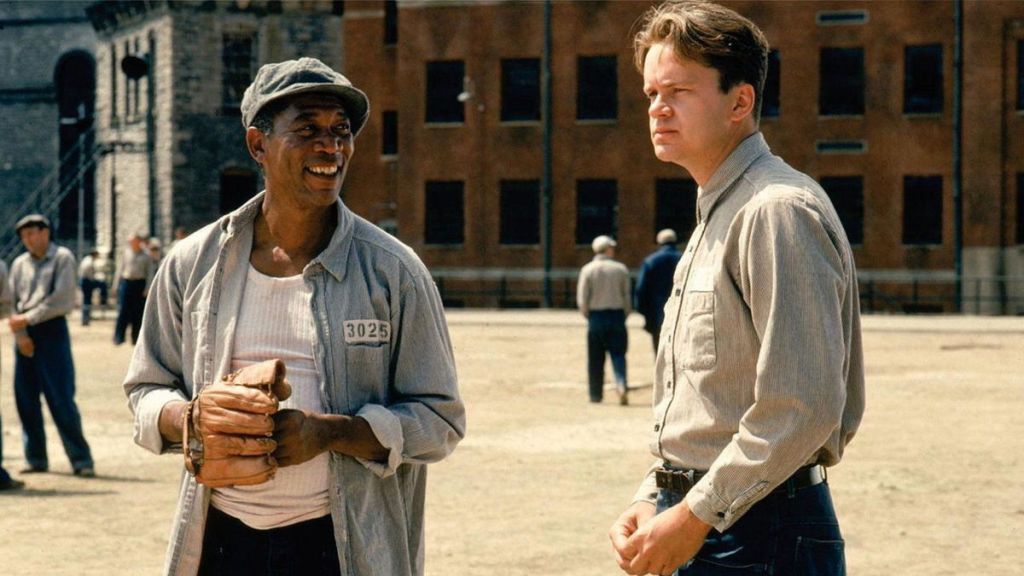
The Shawshank Redemption isn’t just many people’s favorite Stephen King movie, it’s their favorite movie, period. It’s been the highest-rated movie on all of IMDb for quite some time now, over other heavy hitters such as The Godfather, The Dark Knight, and Pulp Fiction.
Shawshank wasn’t a one-off win for Darabont adapting King, either, as his next directed adaptation (which was also his next directed film in general) scored an Academy Award for Best Picture nomination. That film was The Green Mile, but Darabont proved eight years later that he was just as capable of memorably directing a King horror story with The Mist.







